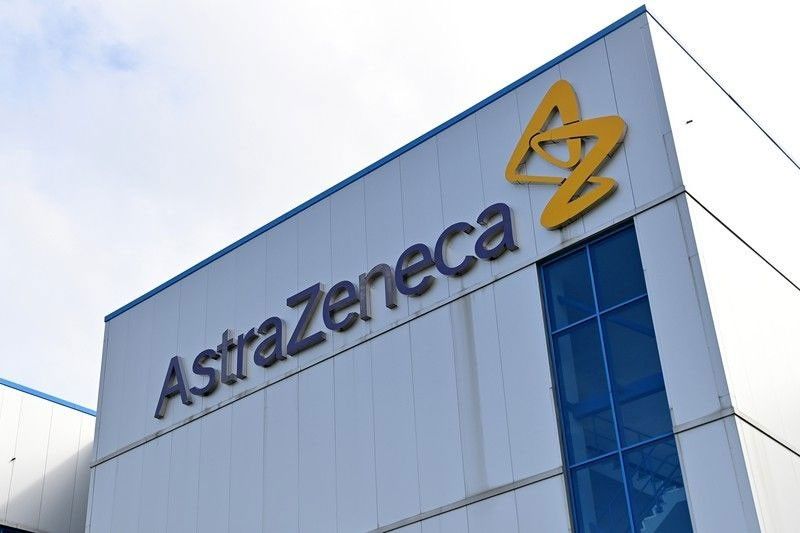Time: 2024-08-11
Lung cancer remains a significant global health concern , with thousands of new cases diagnosed each year in the United States alone . Only a small percentage of eligible individuals receive the standard screening , highlighting a critical need for more effective detection methods . One promising development in this area is the use of fragmentomics AI to analyze cell - free DNA fragments released by tumor cells , offering a non - invasive approach to identifying malignancies early.
In the Philippines , executives from AstraZeneca are advocating for the adoption of Artificial intelligence to enhance lung cancer detection . Hosting a media conference to showcase the Qure . AI platform for early lung cancer detection , the company highlighted the high prevalence of lung cancer globally and in the country . With millions of cases reported annually , the push for AI - enabled detection tools underscores the potential to transform lung cancer from a fatal disease to a treatable condition.

As part of these efforts , the integration of AI technology into screening processes , such as chest X - ray analysis , aims to improve the efficiency and accuracy of early detection methods . Platforms like Qure . AI have been trained on vast data sets of CT scans to detect subtle nodules that may be missed by human observers . With impressive sensitivity rates in identifying small nodules , AI - powered tools offer a promising solution to improve lung cancer detection rates and patient outcomes.
While AI holds great promise for revolutionizing Cancer screening , challenges such as data complexity and bias in clinical trials must be addressed to ensure the accuracy and reliability of these technologies . With the need for large data sets and sophisticated algorithms to model disease spectra accurately , ongoing research and development efforts are focused on enhancing the performance of AI algorithms for cancer detection.
Regulatory implications also play a crucial role in the adoption of AI - based diagnostic tools , with companies like DELFI Diagnostics launching clinical trials to demonstrate the efficacy of fragmentation - based products . As the field of AI in healthcare continues to evolve , the integration of innovative technologies with traditional diagnostic modalities offers a hopeful outlook for improving cancer screening and detection methods.